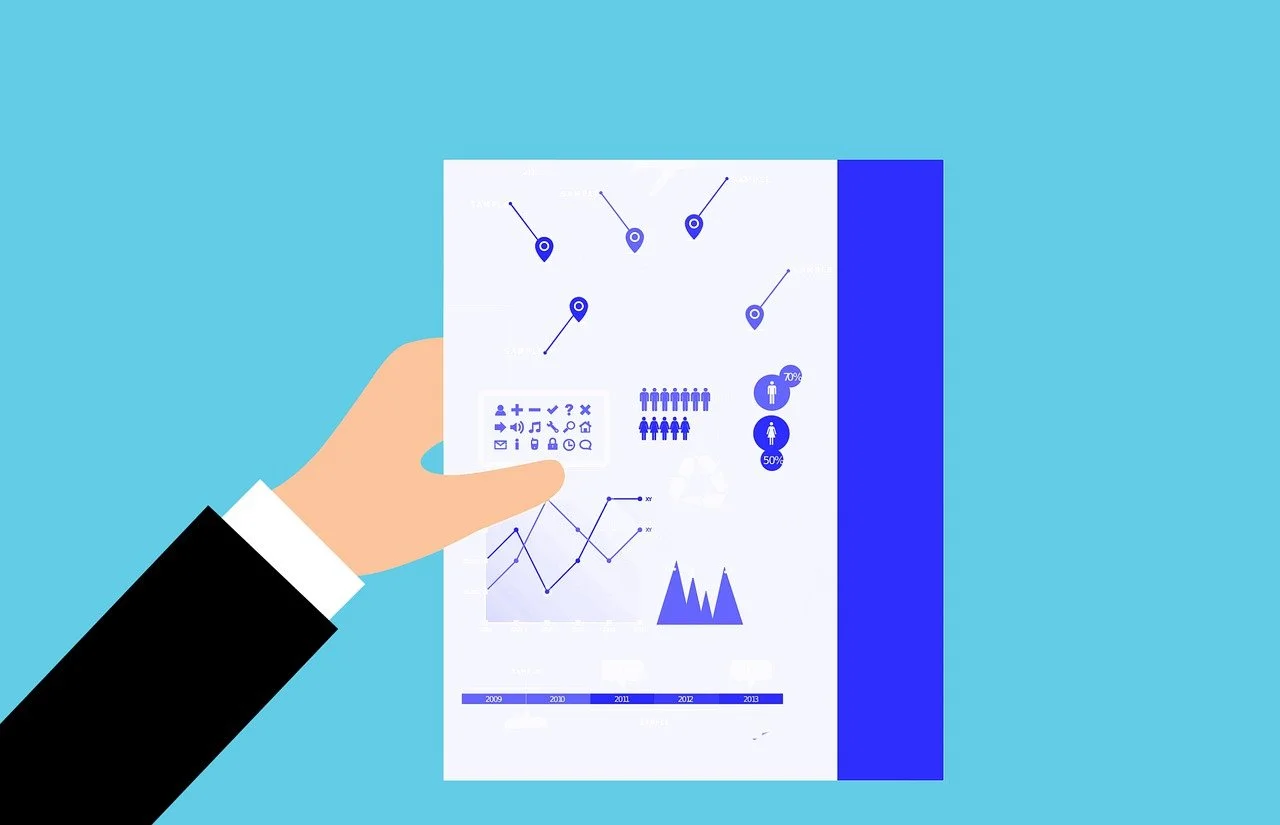The Power of Data Liberation: Why You Should Own Your Data
Data liberation is the process of freeing your data from the confines of proprietary platforms and systems. Allowing you to take control of your data and use it in a way that best suits your needs. In this blog post, we will explore the benefits of data liberation, the challenges involved, and the tools and techniques. That can help you to liberate your data.
What is data liberation and why is it important?
It is the process of freeing your data from the confines of proprietary platforms and systems. Allowing you to take control of your data and use it in a way that best suits your needs. This is important because data is a valuable asset, and owning your data. Gives you the power to make informed decisions, protect your privacy, and avoid vendor lock-in.
The challenges of data liberation
It can be challenging, as proprietary platforms and systems. Often make it difficult to extract and use your data in a portable format. Some of the challenges involved in data liberation include data format compatibility, data quality, and data security.
Tools and techniques for data liberation
There are several tools and techniques that can help you to liberate your data, including:
- APIs: Application Programming Interfaces (APIs) are a set of protocols and tools that allow different software applications to communicate with each other. APIs can be used to extract data from proprietary platforms and systems, allowing you to use your data in a portable format.
- Data scraping: Data scraping is the process of extracting data from websites and other online sources. This can be done using web scraping tools and techniques, such as Python libraries like Beautiful Soup and Scrapy.
- Data conversion: Data conversion is the process of converting data from one format to another. This can be done using data conversion tools and techniques, such as Python libraries like Pandas and NumPy.
- Data backup: Data backup is the process of making copies of your data and storing them in a safe and secure location. This can be done using data backup tools and techniques, such as cloud backup services and external hard drives.
Best practices for data liberation
To ensure that your data liberation efforts are successful, it’s important to follow best practices, such as:
- Planning: Before you start liberating your data, it’s important to plan your data liberation strategy. This includes identifying the data you want to liberate, the tools and techniques you will use, and the format you will use to store your data.
- Testing: Before you liberate your data, it’s important to test your data liberation strategy. This includes testing the tools and techniques you will use, as well as the format you will use to store your data.
- Security: When liberating your data, it’s important to ensure that your data is secure. This includes using secure data storage and transfer methods, as well as protecting your data from unauthorized access.
- Documentation: When liberating your data, it’s important to document your data liberation strategy. This includes documenting the tools and techniques you used, as well as the format you used to store your data.
Future trends in data liberation
Data liberation is a rapidly evolving field, and there are several future trends to watch, including:
- Data portability: Data portability is the ability to move your data between different platforms and systems. This is becoming increasingly important as more and more data is stored in the cloud.
- Data privacy: Data privacy is the process of protecting your data from unauthorized access. This is becoming increasingly important as more and more data is collected and stored online.
- Data governance: Data governance is the process of managing and controlling your data. This is becoming increasingly important as more and more data is collected and used in business and government.
It is the process of freeing your data from the confines of proprietary platforms and systems, allowing you to take control of your data and use it in a way that best suits your needs. By understanding the benefits of data liberation, the challenges involved, and the tools and techniques that can help you to liberate your data, you can ensure that your data is secure, portable, and accessible. By following best practices and staying up-to-date with future trends in data liberation, you can ensure that your data is a valuable asset that empowers you to make informed decisions, protect your privacy, and avoid vendor lock-in.


